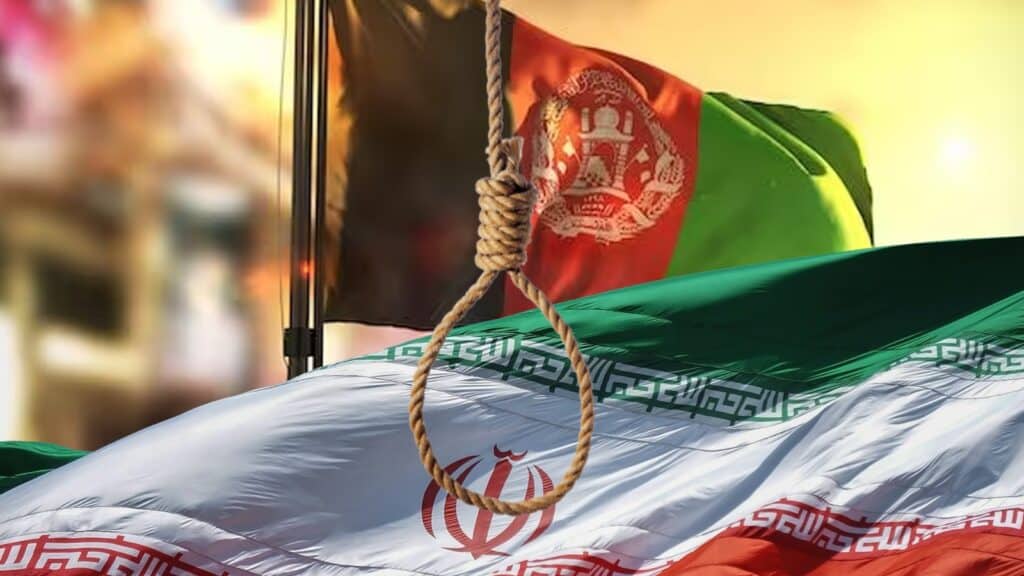A sharp surge in executions of Afghan nationals in Iran has prompted condemnation from 84 human rights organizations and activists, who are now calling for immediate international action to halt what they describe as “state-sanctioned injustice.”
In a joint statement, the groups appealed to the international community to raise its voice against the alarming trend, urging global powers to pressure the Islamic Republic of Iran to end its systematic execution of Afghan migrants.
According to the report, at least 80 Afghan men have been executed in Iran since the beginning of 2024 — a threefold increase compared to the previous year. Only six of these cases were officially acknowledged, with the rest carried out in near-total secrecy.
“Afghan citizens in Iran are among the most vulnerable communities and the easiest targets for Iran’s execution machinery,” said Mahmood Amiry-Moghaddam, Director of Iran Human Rights, a Norway-based monitoring group. “The regime uses these executions to spread fear and retain power, often with no due process or fair trial.”
Rights advocates warn that the Iranian judicial system lacks transparency and frequently relies on confessions extracted under duress or torture. Afghan defendants, many of whom lack legal representation, are at particular risk.
A recent report by Hengaw, a human rights group that monitors executions in Iran, noted that 163 people were executed in May alone, including seven Afghan nationals. The charges ranged from murder and drug trafficking to espionage — though many of the trials remain shrouded in secrecy.
The statement also highlighted a growing pattern of anti-Afghan sentiment within Iranian society and institutions, warning that this trend, combined with inadequate legal protections, is likely to lead to more executions in the coming months.
In total, Iran has executed an estimated 900 individuals in 2024 so far — the highest number globally. Of those, at least 75 were Afghan citizens, according to independent monitoring groups.
The signatories to the statement, which include prominent legal scholars and international advocacy networks, argue that such executions are a blatant violation of international human rights law and urge foreign governments and international organizations to act decisively.
“The silence of the global community is enabling these crimes,” the joint statement reads. “We call on all countries with diplomatic ties to Iran to demand transparency, fair trials, and an immediate end to the execution of Afghan migrants.”
The wave of executions comes amid heightened tensions in the region, following the Taliban’s return to power in Afghanistan and an apparent tightening of security policies within Iran.
Analysts believe that Iran’s domestic challenges, including economic instability and rising dissent, may be driving its increased use of capital punishment as a tool of internal control.
Human rights groups now hope that rising international attention will bring pressure to bear on Tehran before more lives are lost.





